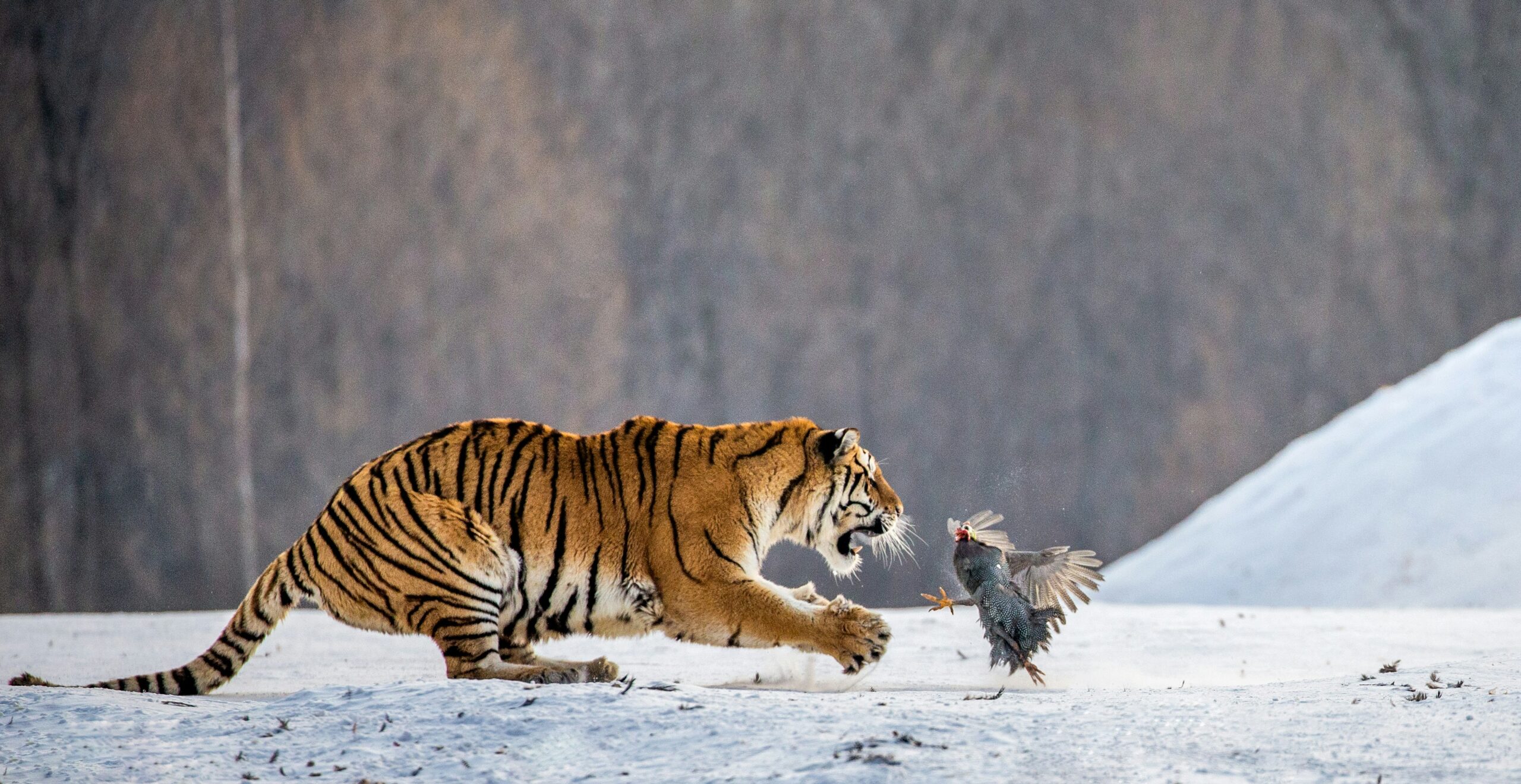
Responsible gun ownership is crucial in wildlife protection across the United States. Beyond personal rights and recreation, ethical firearm use contributes significantly to conservation efforts. This article explores how responsible gun owners help preserve wildlife populations and protect natural habitats through ethical hunting, funding, education, and advocacy.
How Ethical Hunting Supports Wildlife Population Management
Ethical hunting is one of the primary ways responsible gun owners help maintain balanced wildlife populations. Wildlife species can grow beyond the capacity of their environment, causing damage such as overgrazing, disease spread, and habitat destruction. Hunting seasons and limits are designed to prevent these problems, ensuring that animal populations stay healthy and ecosystems remain stable.
Responsible hunters follow these rules carefully. They hunt within legal limits and avoid overharvesting, which helps reduce overcrowding and keeps animal numbers in check. Additionally, hunters contribute valuable data by reporting harvests, which wildlife biologists use to monitor populations and health. This active involvement supports informed conservation decisions.
Financial Contributions from Gun Owners Fund Wildlife Conservation
Responsible gun ownership has a vital impact on funding conservation programs. Hunting license fees and excise taxes on firearms and ammunition provide billions of dollars yearly for wildlife protection. The Pittman-Robertson Act channels these funds directly to state wildlife agencies, helping restore habitats, monitor species, and educate the public.
Many gun owners also donate money and volunteer for conservation projects. This financial and community support helps preserve natural areas, protect endangered species, and maintain parks and reserves. Responsible gun ownership creates a reliable and continuous funding source critical for long-term conservation success.
Promoting Safety and Ethical Gun Use Protects Wildlife and Habitats
Safety and ethics are fundamental aspects of responsible gun ownership that benefit wildlife protection. Hunters who practice safe firearm use reduce accidents and prevent harm to people and animals. Following legal regulations and respecting the principle of fair chase also ensures sustainable hunting practices.
Many responsible gun owners engage in habitat restoration projects. They plant native plants, remove invasive species, and improve water sources. These actions enhance wildlife habitats and support biodiversity. Combining ethical firearm use with habitat stewardship helps maintain healthier ecosystems.
Education and Advocacy by Gun Owners Boost Wildlife Conservation
Education is key to fostering responsible gun ownership and wildlife protection. Hunter safety courses teach firearm handling, legal compliance, and respect for wildlife. These programs help build a community that values gun safety and environmental stewardship.
Beyond education, many gun owners advocate for conservation-friendly policies. They bring firsthand experience to discussing hunting laws, land use, and wildlife funding. This advocacy promotes collaboration between hunters, conservationists, and policymakers. Responsible gun ownership strengthens conservation efforts through active engagement.
Balancing Recreational Hunting and Wildlife Preservation
Hunting remains a popular recreational activity for many responsible gun owners. Regulated seasons and harvest limits ensure that recreational hunting does not threaten wildlife populations. This balance allows hunters to enjoy their sport while contributing to ecosystem health.
Maintaining this harmony is essential for continued public support of conservation programs. When hunters act responsibly, they demonstrate respect for wildlife and natural habitats. This behavior encourages broader support for preserving biodiversity and securing wildlife resources for future generations.
Overcoming Challenges Through Responsible Gun Ownership
Illegal hunting, poaching, and unsafe firearm use can jeopardize wildlife conservation. Responsible gun owners help address these challenges by obeying laws, promoting ethical behavior, and encouraging community education.
Collaboration between hunters, wildlife agencies, and environmental organizations is vital. Together, they enforce regulations, raise awareness, and protect habitats. Responsible gun ownership means using firearms safely and actively supporting wildlife preservation.
Responsible Gun Ownership as a Conservation Partner
The positive impact of responsible gun ownership on wildlife protection is undeniable. Through ethical hunting, financial support, safety, education, and advocacy, gun owners play a key role in sustaining healthy wildlife populations and conserving natural habitats.
Supporting responsible gun use means backing effective conservation programs that benefit wildlife and human communities. It reflects a shared commitment to preserving America’s natural heritage and ensuring that future generations enjoy diverse and thriving ecosystems. Responsible gun owners remain essential partners in wildlife conservation across the nation.